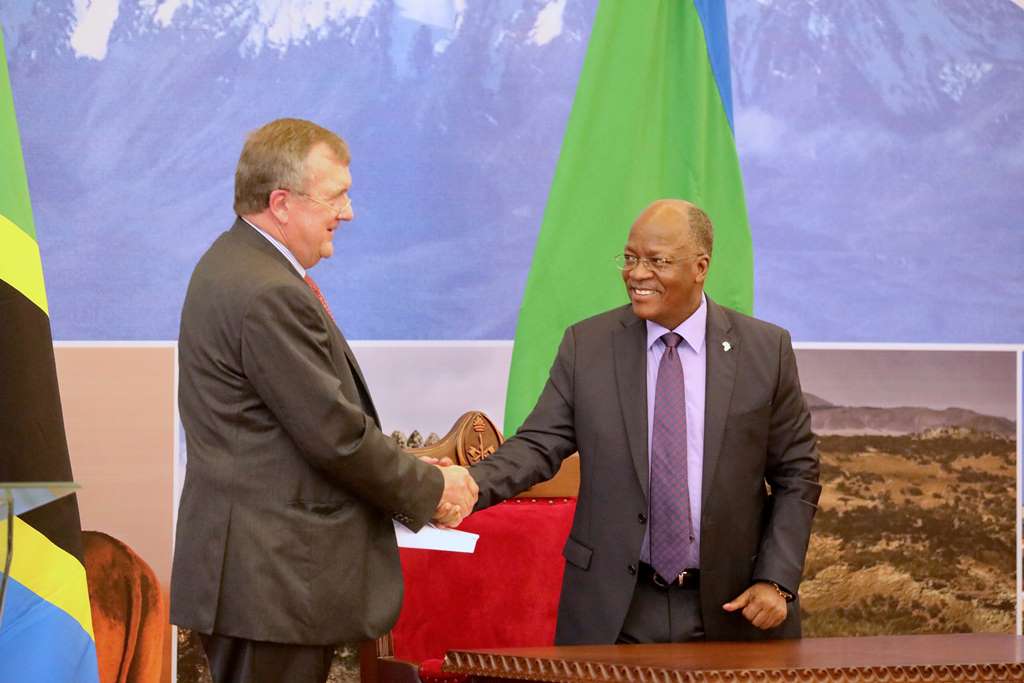Author: BERNARD LUGONGO
AfricaPress-Tanzania: THE growth of the mining sector and revenues collections trend has been impressive during five years of the first term of President John Magufuli, thanks to various measures adopted to improve the industry.
Last year, mining was listed as fast-growing sector, topping all others with a growth rate of 17.7 per cent, followed by construction, which grew by 14.1 per cent.
Statistics further indicates that in the 2018/19 fiscal year, mineral resources earned the country 346bn/- from 194bn/- recorded in the 2016/17. The revenues further increased to 470bn/- during the current 2019/20 financial year.
Despite Covid-19 that affected global economies, Tanzania mining sector monthly revenues for April broke a record ever and hit 58bn/- in collections.
That was the highest monthly revenue collection record ever in the country’s history; President Magufuli stated recently, while highlighting achievements reached in the sector during his first term in office.
However, President Magufuli attributed the successes to a number of measures taken, which included opening a new chapter for the country’s mineral resources.
One of the major reforms was the establishment of the special ministry for minerals, whose major task was to check smuggling of raw minerals outside the country.
Speaking while dissolving the 11th Parliament last month, the President said due to various mining reforms, including in the legal regime, the annual revenues have continued to maintain an upward trend year by year.
“Above all, in July 2017 we passed the Natural Wealth and Resources-Permanent Sovereignty-Act 2017, which guarantees protection of national resources such as minerals,” the President stated, while thanking the Parliament for its move to endorse the law for the national interest.
Equally, passing of the Act has for the first time enabled Tanzanians to own their resources with legal powers.
This law managed the formation of the Twiga Minerals Corporation, which is jointly owned by the government and the Barrick Gold Corporation.
In the agreement, the new company is owned for 84 per cent by Barrick and 16 per cent by the government, and is based on 50/50 sharing of the economic benefits generated by the mining operations after the recoupment of capital investments.
The new agreement with the Barrick saw the company paying 250bn/ to the government which is the first tranche of $300m owed to the Tanzanian government after the sides agreed in 2019, to settle allegations of the unpaid tax.
Dr Magufuli also cited the introduction of regional minerals markets as another initiative, which contributed to the prosperity of the sector.
By late last year, there were 28 operational trading hubs in the mineral-rich areas of Mwanza, Geita, Chunya, Arusha, Namanga, Singida Sekenke, Dar es Salaam, Kahama, Shinyanga, Ruvuma, Katavi, Tanga, Iringa, Manyara, Singida, Dodoma, Kigoma, Tabora, Mbeya, Mara and Songwe.
These government-controlled selling and buying centres are part of President Magufuli’s drive to optimise mineral trading to benefit not just multinationals but also small-scale miners, brokers and dealers.
Other major initiative was to increase participation of small business people in the mining value chain, which involved scrapping or reducing some of the levies that were affecting their operations.







